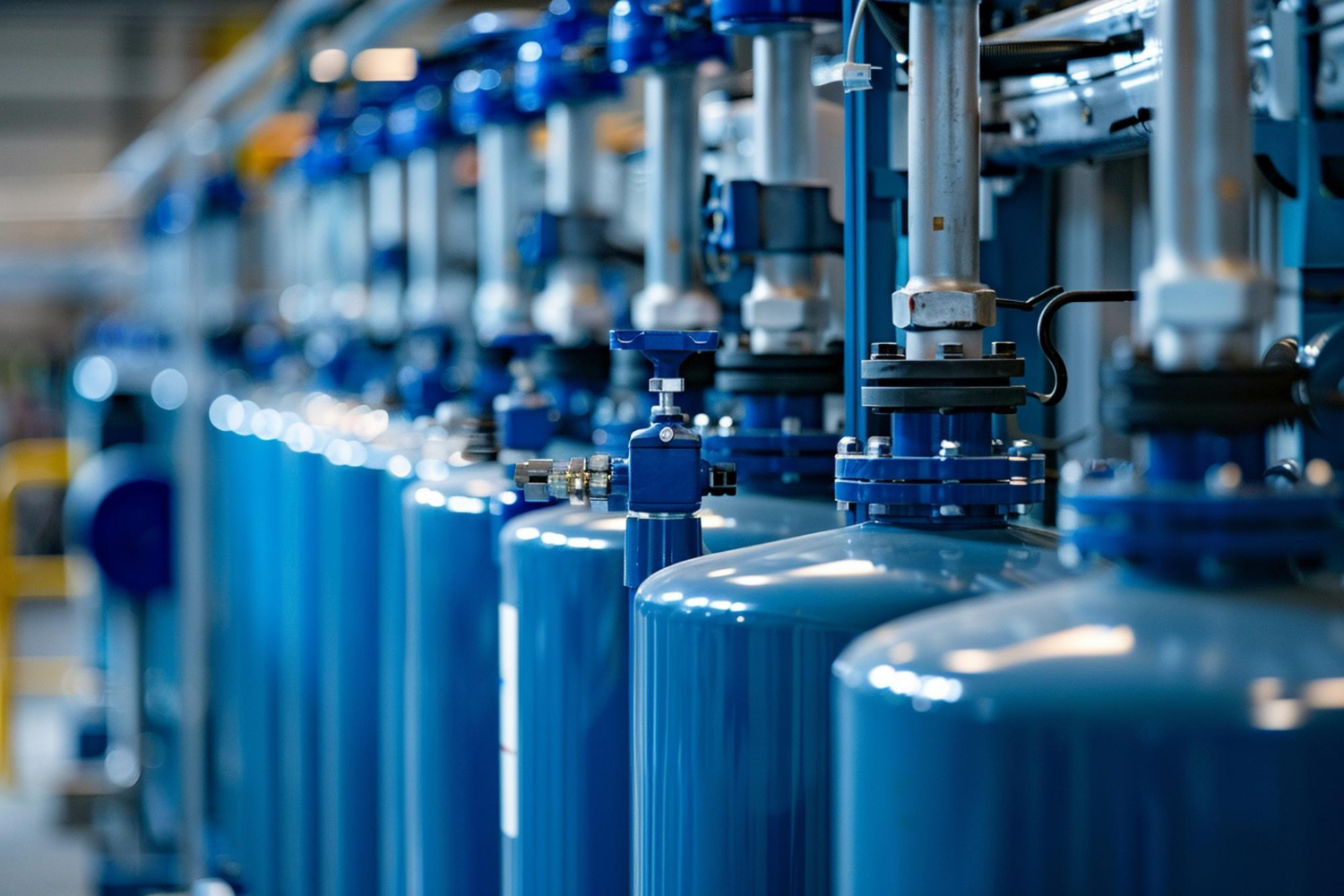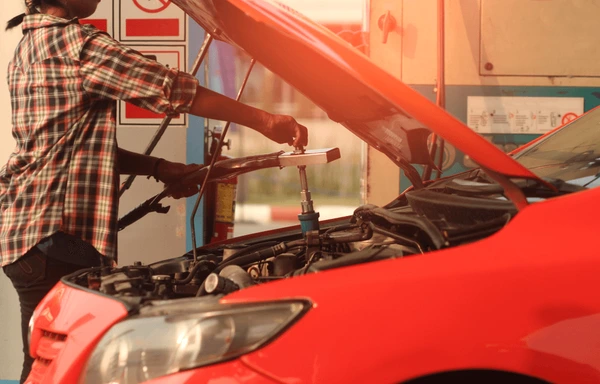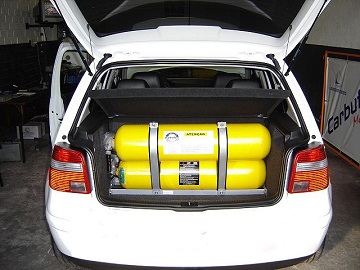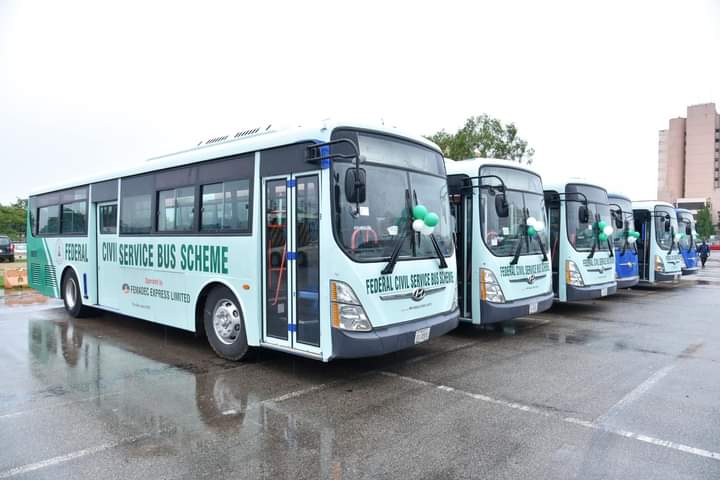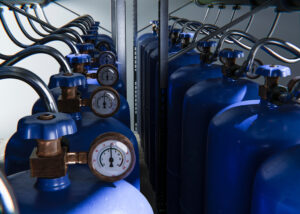
Manufacturing CNG (Compressed Natural Gas) cylinders requires specialized expertise, equipment, and compliance with international standards. Here’s a detailed guide to help you get started:
Manufacturing Process:
- Design and engineering
- Material selection (steel, aluminum, or composite)
- Forging or spinning
- Welding and assembly
- Testing and inspection
- Certification and labeling
Equipment Needed:
- Forging machines
- Spinning machines
- Welding equipment (e.g., robotic, laser)
- Testing equipment (e.g., hydrostatic, ultrasonic)
- Machining tools (e.g., lathes, milling machines)
- Inspection tools (e.g., X-ray, magnetic particle)
Materials Required:
- Steel (e.g., 4130, 4140)
- Aluminum (e.g., 6061, 6063)
- Composite materials (e.g., carbon fiber, fiberglass)
- Valves, fittings, and accessories
International Standards:
- ISO 11119-1 (Gas cylinders – Design, construction and testing)
- ASME Boiler and Pressure Vessel Code (BPVC)
- API Specification 5L (Line Pipe)
- NFPA 52 (Vehicular Natural Gas Fuel Systems)
Manufacturing Costs:
- Equipment: $500,000 – $2 million
- Materials: $500,000 – $1 million (depending on production volume)
- Labor: $200,000 – $500,000 (depending on production volume)
- Total estimated cost: $1.2 million – $3.5 million
Production Capacity:
- Small-scale: 100-500 cylinders per month
- Medium-scale: 500-2,000 cylinders per month
- Large-scale: 2,000-5,000 cylinders per month
Certifications and Training:
- ASME certification
- API certification
- ISO 9001:2015 quality management system
- Training for welding, testing, and inspection
Regulatory Compliance:
- Obtain necessary permits and licenses
- Comply with local regulations (e.g., environmental, safety)
- Adhere to international standards and certifications

